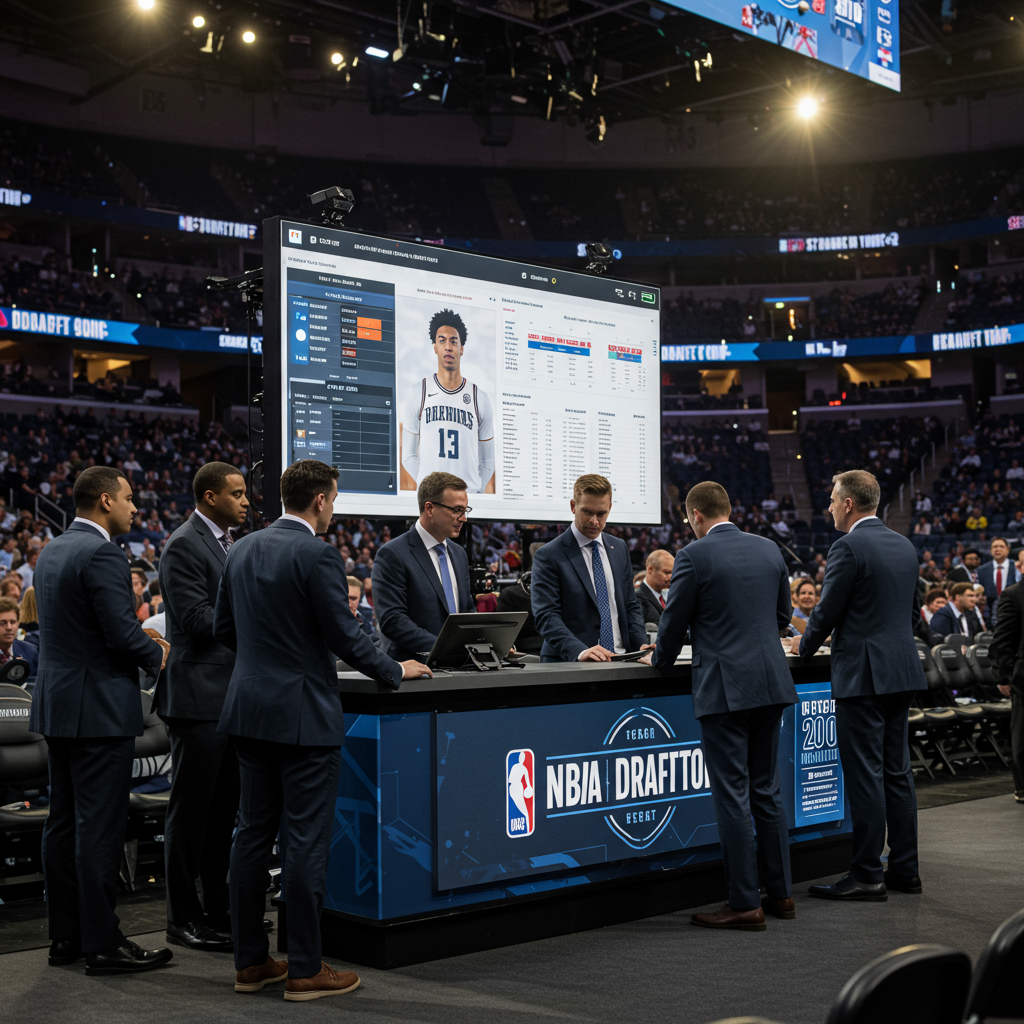LOUISVILLE, Ky. – Darnell wayne lukas, a titan who profoundly reshaped modern Thoroughbred racing and mentored a generation of its most successful figures, has passed away. Known universally as “Coach,” the Hall of Fame trainer died peacefully at his home in Louisville, Kentucky, on Saturday night, June 28, 2025. He was 89 years old.
Lukas was a relentless force in the sport for decades. His remarkable career boasts an astonishing 15 victories in the prestigious Triple Crown races. He became a recognizable face of horse racing, celebrated for his unprecedented success and distinctive personality. His family confirmed his passing on Sunday morning.
The Coach’s Unconventional Path to Greatness
Long before he was a fixture in the winner’s circle at major racetracks like Churchill Downs or Saratoga, D. Wayne Lukas earned his famous nickname “Coach” on the basketball court. In his early life, he coached high school basketball, a background that seemingly instilled in him a strategic mindset, an intense competitive drive, and a remarkable ability to identify and develop talent. These skills would later prove invaluable when he transitioned to the world of horse racing, building stables filled with equine champions.
Lukas did not hail from horse racing’s traditional heartland like Kentucky. He was born in Wisconsin on September 2, 1935, growing up with a farm work ethic that revolved around livestock and routine. He earned a master’s degree in education before embarking on his unique journey into racing. He initially found significant success training quarter horses, starting in the late 1960s. Over a decade in the sprinting realm, he trained 24 world champions and won 739 races.
From Quarter Horses to Thoroughbred Dominance
Recognizing broader opportunities, Lukas made the pivotal shift to Thoroughbreds in the late 1970s. His impact was immediate and substantial. He quickly targeted the sport’s elite events. His first Triple Crown victory arrived in 1980 with Codex in the Preakness Stakes. This breakthrough moment signaled his arrival as a major player on racing’s biggest stages.
His record speaks volumes about his enduring influence and sheer dominance. Lukas secured the Kentucky Derby title four times. He claimed the Preakness Stakes an incredible seven times. He added four victories in the Belmont Stakes. His total of 15 Triple Crown race wins places him second only to his friend and fellow Hall of Famer, Bob Baffert. Their friendly rivalry often added a captivating narrative layer for fans.
Beyond the Triple Crown series, Lukas also excelled on the world stage at the Breeders’ Cup World Championships. He held a record-tying 20 wins across various distances and surfaces at this premier international event. This consistent success proved his mastery in training horses for any major challenge presented on the calendar. Over his Thoroughbred career spanning more than 30,600 starts, his horses achieved 4,967 documented victories and earned over $310 million in purses, placing him among the sport’s most financially successful trainers ever.
Building More Than Champions: The Lukas “Coaching Tree”
Perhaps one of Lukas’s most significant and lasting contributions was his unparalleled talent for identifying and cultivating not just equine athletes but human talent as well. His barn became a renowned proving ground for aspiring trainers. A remarkably long list of individuals who started as assistants under Lukas went on to achieve considerable success themselves. This distinguished group is widely referred to as the “Lukas coaching tree.”
Prominent trainers who honed their skills working for Lukas include notable names such as Todd Pletcher, Brad Cox, Kiaran McLaughlin, Mike Maker, Dallas Stewart, and many others. These individuals absorbed aspects of his rigorous training philosophy, competitive drive, and meticulous approach. They continue to impact the sport’s training landscape today. Sebastian “Bas” Nicholl, his longtime assistant since 2002, recently took over management of his stable. Nicholl acknowledged the daunting task of following in Lukas’s footsteps but pledged to honor the legacy he built.
Lukas’s approach to training was fundamentally rooted in keen observation and a deep, intuitive understanding of the equine athlete. “The whole secret of this game, I think, is being able to read the horse,” Lukas explained in May 2025. He believed that while resources like top jockeys, quality feed, and skilled farriers were accessible to many, a trainer’s ability to truly understand a horse’s individual needs, capabilities, and limits was the ultimate differentiator in achieving sustained success. This philosophy guided every decision he made regarding his vast stable.
Resilience, Resurgence, and Unwavering Passion
Even in his late 80s, D. Wayne Lukas remained an actively involved, hands-on trainer. He was famous for his demanding routine, often waking at 3 a.m. or 3:30 a.m. to personally oversee morning workouts while mounted on his stable pony. He refused to let age or physical demands prevent him from being directly involved in the crucial early-morning track routine, demonstrating his relentless work ethic.
His career enjoyed a remarkable resurgence in his final decade, marked by significant wins. Lukas credited this renewed success to partnering with dedicated owners willing to invest in high-caliber bloodstock. This later period included winning the Kentucky Oaks at age 86 and, memorably, the Preakness Stakes in 2024 with the colt Seize the Grey. This victory, achieved at age 88, solidified his place in history as the oldest trainer to ever win a Triple Crown race. He even won the 2024 Preakness for a microshare ownership group, adapting to new models in the sport.
When questioned about what fueled his continued drive to work tirelessly well into his late 80s, Lukas offered insights rooted in character and attitude. “If you have a passion, you eliminate all the excuses,” he stated simply. He often emphasized the critical importance of mindset. “The most important decision you’ll ever make in your life is your attitude decision. Make it early, and make the right one.” This powerful quote perfectly encapsulated his relentless spirit and unwavering dedication to the sport he loved.
Lukas faced significant challenges throughout his celebrated career. He was known for being tough, demanding high standards from himself and his team. He navigated financial strains, owner departures, and criticism. A profoundly personal tragedy occurred in 1993 when his son and top assistant, Jeff Lukas, suffered a life-altering traumatic brain injury after a training accident at Santa Anita. The incident deeply impacted the family and ended Jeff’s training career, though Jeff remarkably remained part of Wayne’s team until his death in 2016. Despite this devastation, Lukas showed incredible resilience, famously continuing to train the same colt involved, Tabasco Cat, who went on to win two classics.
Final Days, Heartfelt Tributes, and Enduring Legacy
Lukas’s passing came after a recent serious health battle. He had been hospitalized with a severe MRSA blood infection. This infection caused considerable damage to his heart and digestive system. It also significantly worsened his pre-existing chronic health conditions. According to reports, Lukas made the courageous decision to decline aggressive medical treatment in his final week. He chose instead to return home to Louisville for hospice care. He spent his final days peacefully, surrounded by his loving family and guided by his deep faith.
His family released a heartfelt statement expressing their profound sorrow but finding peace in his peaceful passing. They highlighted his lifelong devotion not only to the horses but to the entire racing industry. They noted his pivotal role in developing future generations of horsemen and women and his efforts to introduce new fans to the sport by welcoming them into the winner’s circle. His family described him as someone who brought “heart, grace, and grit” to every facet of racing. They expressed deep gratitude for the widespread support received from the entire racing community. The statement also referenced Wayne’s reunion with his beloved late son, Jeff.
Tributes poured in from across the horse racing world, underscoring his immense impact. Bill Carstanjen, CEO of Churchill Downs Inc., hailed Lukas as “one of the great champions of Churchill Downs.” He described him as “one of the most significant figures in Thoroughbred racing over the last 50 years.” Carstanjen remembered Lukas’s humor, wisdom, and ability to thrill fans with his horses’ performances, stating these qualities would be deeply missed. Shannon Arvin, President and CEO of Keeneland, described him as a “legend” and a “masterful trainer.” She highlighted his passion, meticulous attention to detail, and relentless pursuit of excellence, noting his influence on yearling sales and breeding through his focus on conformation. Industry figures echoed the sentiment that it is “hard to imagine Thoroughbred racing without the presence of D. Wayne Lukas,” with many suggesting he belongs on a “Mount Rushmore” of horse trainers.
D. Wayne Lukas is survived by his devoted wife, Laurie Lynn Lukas, his grandchildren, great-grandchildren, and siblings. His profound legacy also lives on through the countless horsemen and women he mentored and the revolutionary practices he introduced. In lieu of flowers, the family requested donations be made to causes important to Wayne: the Oaklawn or Churchill Backside Chaplaincy and the Thoroughbred Aftercare Alliance, reflecting his concern for the welfare of those who care for horses and the horses themselves. A private family service is planned, with a larger public celebration of his extraordinary life to be held at a later date, allowing the broader racing community to pay their respects.
Frequently Asked Questions
What was D. Wayne Lukas’s biggest impact on horse racing?
D. Wayne Lukas fundamentally reshaped the sport. Beyond his record 15 Triple Crown wins and 20 Breeders’ Cup victories, he pioneered a more corporate, national stable model, professionalized training operations, and was an expert in recruiting owners and selecting horses at auction. Crucially, he mentored a vast “coaching tree” of successful trainers, developing generations of horsemen and ensuring his influence continued far beyond his own wins.
How many Triple Crown races did D. Wayne Lukas win?
D. Wayne Lukas won a total of 15 Triple Crown races throughout his career. This remarkable tally includes four victories in the Kentucky Derby, seven wins in the Preakness Stakes, and four triumphs in the Belmont Stakes. This number places him second only to fellow Hall of Famer Bob Baffert for the most Triple Crown wins by a trainer.
What led to D. Wayne Lukas’s death?
D. Wayne Lukas passed away at age 89 following a severe MRSA blood infection. The infection caused significant damage to his heart and digestive system and worsened existing chronic health conditions. After hospitalization, he made the decision to decline aggressive medical treatment and returned home to Louisville, Kentucky, for hospice care, where he died peacefully surrounded by his family.
The End of an Era for a Racing Giant
D. Wayne Lukas was far more than just a trainer; he was an institution, an innovator, and a deeply influential figure who left an indelible mark on Thoroughbred racing. His competitive fire, strategic mind, unwavering work ethic, and remarkable ability to connect with both horses and people defined his legendary career. He not only elevated the sport through his dominant wins but also inspired countless individuals to pursue excellence. His passing signifies the end of a remarkable era. The “Coach” will be profoundly missed, but his transformative impact on the track, the industry’s structure, and the many lives he touched will undoubtedly endure for generations to come.



